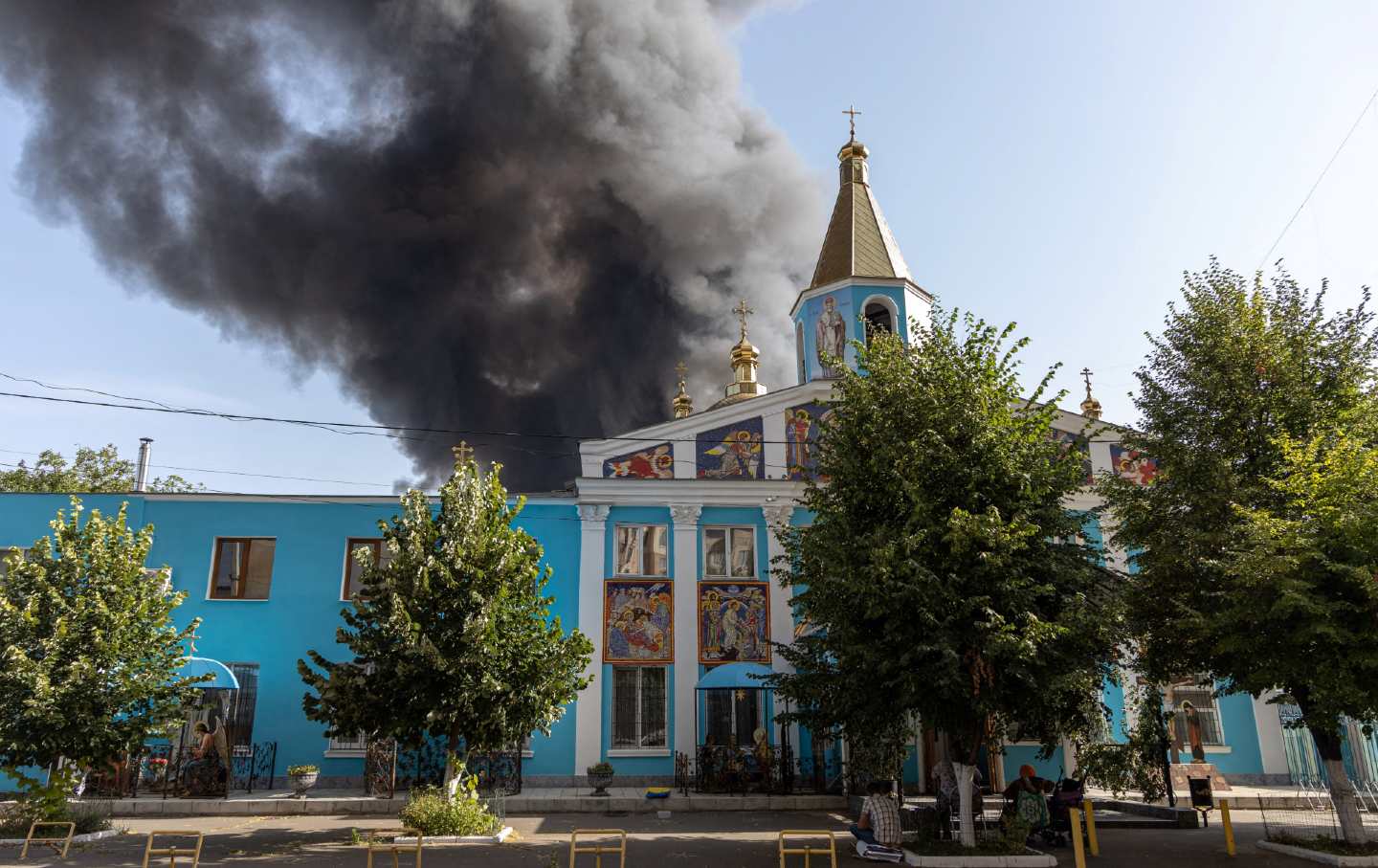- cross-posted to:
- worldnews@lemmy.ml
- cross-posted to:
- worldnews@lemmy.ml
These findings are reinforced by a decline in Zelensky’s approval rating and loss of public trust in the national TV Marathon, a platform of media channels that report on the war from a pro-government stance. Ukrainian bloggers with much more critical perspectives on Kyiv’s handling of the war are amassing large audiences on social media.
Another key metric of public investment in the nation’s war effort is support for mobilization. A plurality of Ukrainian men said in a February poll that they are not prepared to fight. One Ukrainian soldier told the BBC late last year, “It’s a total nightmare. A year ago, I wouldn’t have said that, but now, sorry, I’m fed up. Everyone who wanted to volunteer for war came a long time ago—it’s too hard now to tempt people with money. Now we’re getting those who didn’t manage to escape the draft. You’ll laugh at this, but some of our marines can’t even swim.”
The views of the roughly 6.5 million Ukrainians who have left the country of 44 million since the war’s outbreak are not accounted for in national polls. While we can’t presume to know the extent of support for maximalist war aims among refugees, they have effectively voted with their feet against active participation in the war. Likewise, the views of Ukrainians living in the territory controlled by Russia—Crimea and large portions of the Donbass—are typically not counted. But we do know from polls taken prior to the invasion that this population has consistently demonstrated a higher prevalence of pro-Russian attitudes.



I mean, when your only real chance of survival hinges on being able to surrender fast enough, money is not really an incentive. There needs to at least be the ghost of a chance of living. The fact that they are fielding marines who can’t swim doesn’t remotely surprise me, they have almost nothing left that resembles a professional soldier.